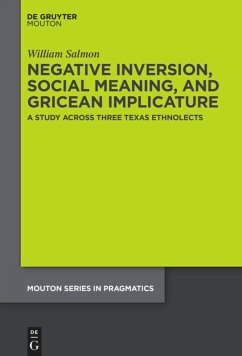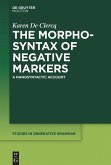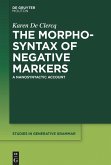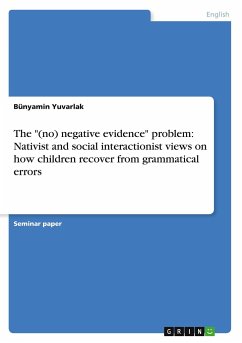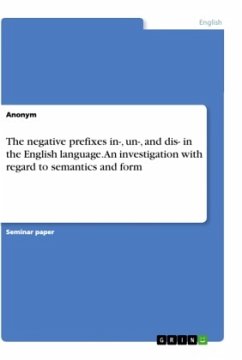Relying on a wealth of new data, this book argues that long-standing puzzles of Negative Inversion (NI) syntax are not puzzles at all when viewed through the lenses of Gricean pragmatics and Labovian sociolinguistics. Focusing on sentences such as "Can't nobody lift that rock" in African American, Anglo, and Chicano Englishes in Texas, the book provides tidy solutions to problems such as: the NI's relationship to its non-inverted counterpart, its relationship to existential "there" sentences, to modal existential sentences, to the definiteness effects surrounding its NP subject, the emphatic meaning with which it seems to be associated, and more. The book argues that such issues, which have been explored in the syntax and semantics literature since the late 1960s, are handled more fruitfully via Gricean reasoning, demographics of use, and a simple semantics. As such, the book argues that NI can be freed from the "syntactico-semantic straitjacket" into which it has often been forced. It also demonstrates ways in which pragmatic and sociolinguistic thought can be brought together to inform larger linguistic analyses.

